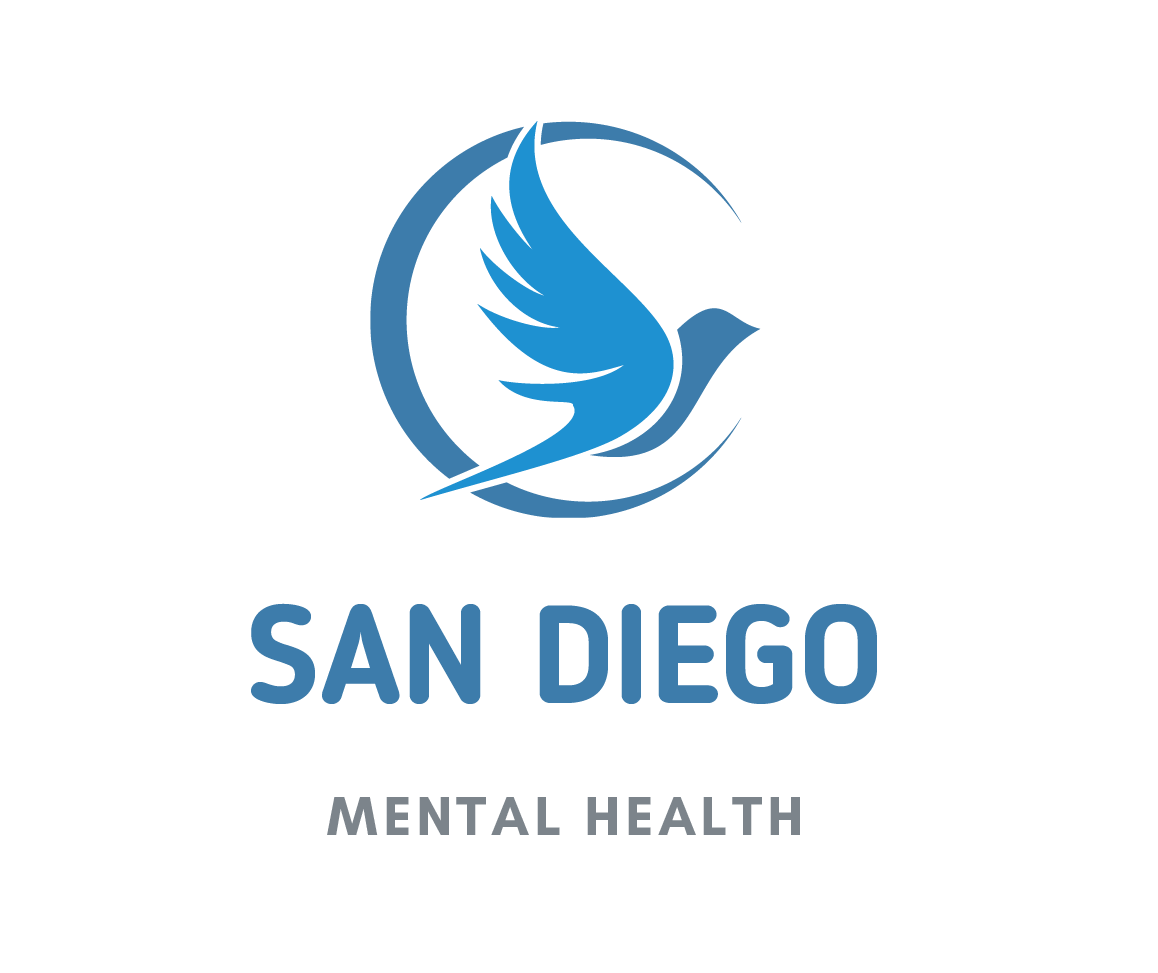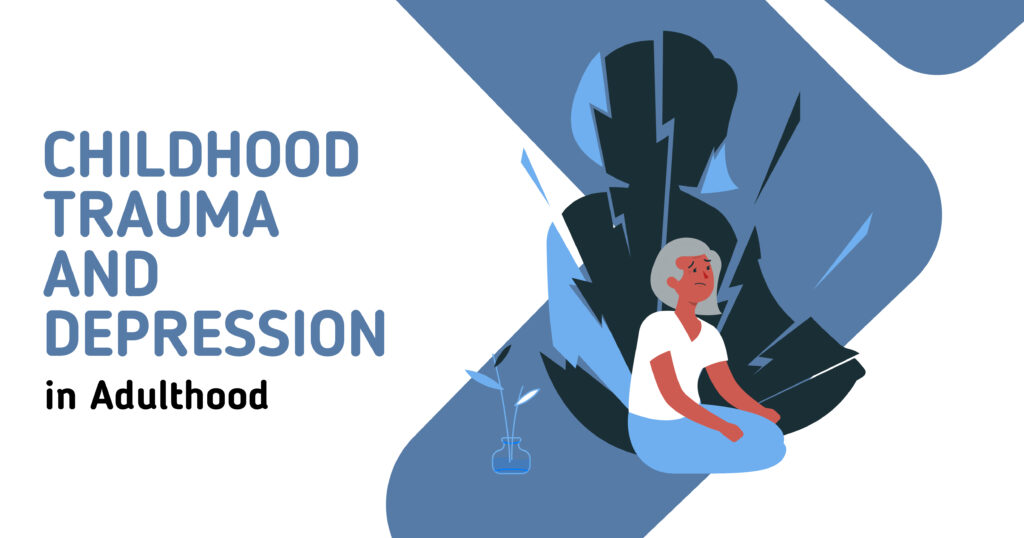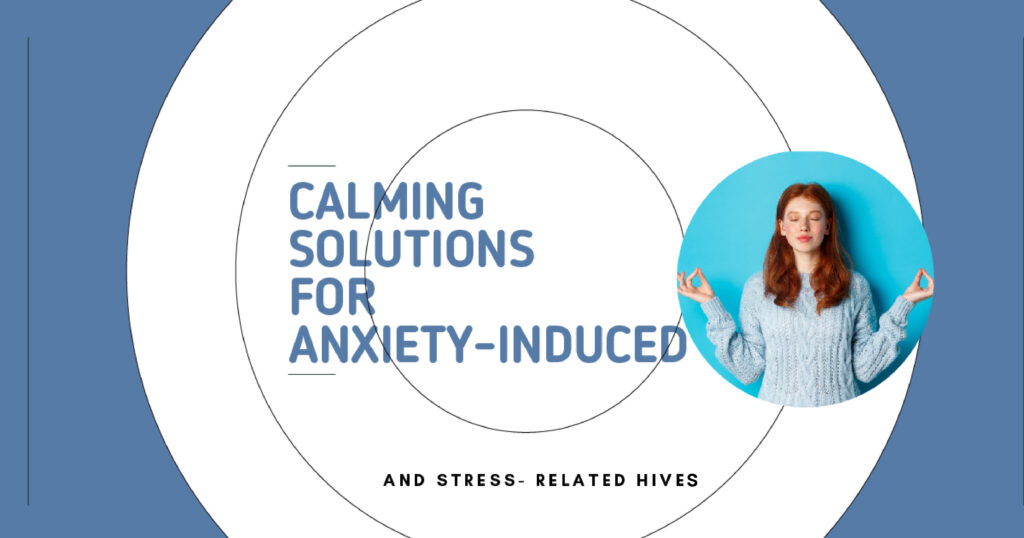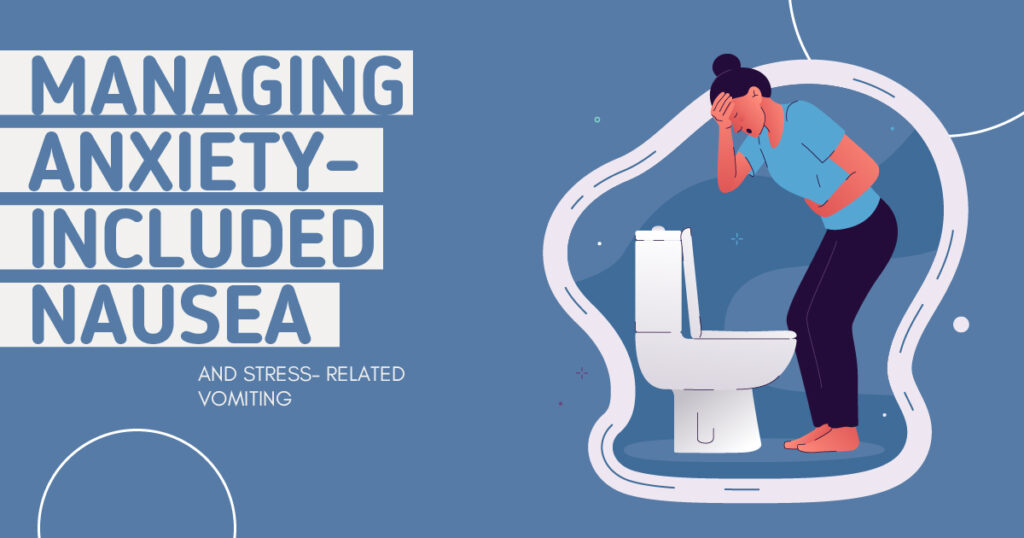Childhood traumas can have a profound impact, affecting the absolute mental and emotional health of any individual, even when they become an adult, by depriving or abusing or even torturing or giving one of the worst experiences. The most apparent effect of unresolved childhood trauma in adulthood is the condition of depression. This blog will discuss how these childhood traumas may lead the victim to become depressed, the symptoms of this condition, and the connection, along with the different treatments for depression resulting from childhood trauma.
What Is Childhood Trauma?
A traumatic experience in childhood can involve many distressful things that happen to little kids as soon as they are born. They may be physical or emotional abuse, the death of their parent, neglect, or a witness to domestic violence between parents. These have significant and lasting impacts, causing emotional, physical, and mental suffering.
What is central to the trauma of childhood is how it changes the self-conception of that person in the world with their relations and stress response. During this time, the brain is still developing, and they are the formative years that form the foundation of the brain, making the regulation of emotion long-term dysfunctional later in adult life, leading to chronic mental health problems.
San Diego Mental Health
What Are the Symptoms of Untreated Childhood Trauma in Adults?
The consequences of untreated childhood trauma can sometimes persist into adulthood, impacting both mental and physical health. Adult symptoms of untreated childhood trauma often include any or all of the following:
| The Trauma Symptoms of Childhood in Adults | Psychological Effects Caused by Trauma |
| Chronic sadness or hopelessness | Difficulty concentrating or decision-making |
| Emotional instability | Chronic tiredness and low energy |
| Self-destructive behaviors | Withdrawal from social relationships |
| Fear of abandonment and Trust issues | Increased vulnerability to stress |
What Is the Correlation Between Depression and Childhood Trauma?
Depression is strongly related to childhood trauma. Before we get into whether trauma causes depression or depression causes trauma, research shows we’re way more likely to have depression if trauma occurred during childhood. This may be due to:
- Altered Brain Chemistry. Childhood trauma impacts how the brain navigates emotions and regulates stress responses. This change in brain chemistry could mean that one is more predisposed to mood disorders, such as depression.
- Negative Thinking. The most common characteristic your childhood trauma will leave upon you is a negative perception of the world. People will suffer from a negative view of life, expecting themselves to be unworthy, which consequently causes depression.
- Increased Susceptibility to Stress. Childhood trauma may make the person more vulnerable to stress because they simply do not have the resources available for coping and can be at higher risk for depression later in life if faced with the significant stresses of adulthood.
Depression & Other Consequences of Childhood Trauma
Trauma in childhood is not the only cause. It creates depression. Other mental health issues and complications can result from this as well.
- Post-Traumatic Stress Disorder (PTSD). Childhood trauma can lead adults to develop PTSD, which causes flashbacks, nightmares, and constant fear.
- Trauma-Linked Substance Abuse. Others can self-medicate using illegal methods to handle the emotional toll.
- Self-Injury. Persons with a history of trauma frequently engage in harmful self-aggressive behaviors to withdraw emotional pain or feel some power.
- Chronic Illnesses. Trauma survivors also have a slew of physical health problems (heart disease, obesity, and chronic pain are all too common due to the stress response that goes on for years).
San Diego Mental Health
How to Treat Depression Caused by Childhood Trauma
Treating depression and post-childhood trauma has to look at the trauma itself and all that depression may have caused. These are several ways to treat depression that is caused by childhood trauma:
- Therapy and Counseling. Cognitive-behavioral therapy (CBT), along with trauma-focused counseling, can help people experience their past traumas in such a way that they can confront them. A therapist may help you with coping mechanisms and emotion regulation as well.
- Medications. In other cases, antidepressant drugs or anxiety management medications will be prescribed for those suffering from depression.
- Mindfulness and Meditation. These practices can help people notice what emotional reactions they are having before they jump into anxious or depressive cycles.
- Social Supports. What supports are available? Relying on friends, family, or support groups to form the recommended social network makes people less lonely and more likely to feel apart.
- Self-Care. Focusing on physical health (e.g., exercise, nutrition, and sleep) can significantly affect how emotionally healthy we feel and can reduce symptoms of depression.
When to Seek Professional Help for Depression
It is essential to get professional help for childhood trauma depression when your life is starting to crumble under a barrage of sadness that affects your ability to function. If sad, hopeless, or angry feelings are getting in the way of work, family, and social life, it becomes time to seek professional help actively. Help in therapy can help you get the tools and emotional support you need to process and work through past traumas. If you are feeling suicidal or harming yourself, you need to seek immediate help from a mental health professional because only they can provide help and tools to keep you safe and happy.
Also, when dealing with emotions or keeping a healthy relationship becomes more demanding than ever, professional help is crucial to retaking control of your life. Childhood trauma can contribute to depression and emotional dysregulation, which makes coping with daily stressors incredibly challenging. Another possibility is that symptoms of physical health problems, such as unmanaged fatigue, pain, or other health issues, are related to the psychological experience of trauma and depression. Mental and physical help will help the body respond to what is sought for complete healing.
Breaking the Cycle: Recovering From Childhood Trauma and Depression
Childhood trauma and depression in adulthood are inseparably linked, with early traumas compelling deep, lifelong damage to the emotional and mental constitution of an individual and crippling ability to survive life. Yet healing is undoubtedly possible. The truth of the trauma, getting proper help through this, and being willing to take care of your emotions will help free people from the cycle of both trauma and depression. Childhood trauma survivors can learn to stave off depression tolerably, find recovery, take back their lives with therapy, and support network self-care.
San Diego Mental Health
FAQ’s
- Is depression related to childhood traumas lifelong?
Childhood trauma is a trigger for depression in later life, yes—a major one. The trauma throws off chemical and emotional centers in our brains, making us prone to mood disorders. People can also live with long-term impacts like anxiety, mood swings, and emotional instability. These deep-seated emotional wounds are sustained as the adult navigates through their 20s and 30s, fostering depression. The willingness to recover while having an open mind about your recovery is key, as healing from childhood wounds never happens overnight.
- What is the influence of childhood trauma on adult relationships?
Childhood trauma will have ongoing impacts on your intimate, healthy relationship capability. This can result in attachment issues, fear of abandonment, or extreme levels of hypervigilance. Adults who are traumatized sometimes have a hard time with emotions. We often keep people at arm’s length due to self-protection trauma. Their anxiety screws their ability to be social for personal or professional reasons. Over time, you can gain back that trust through therapy and support systems.
- Is treating depression caused by childhood trauma through therapy beneficial?
Therapy is very effective in the treatment of depression from childhood trauma. Cognitive behavioral therapy allows individuals to learn new ways to translate negative thoughts of past effects. A type of trauma-informed therapy also directly addresses the emotional wounds that are inherent to childhood trauma; it allows people to work through or heal. Therapy provides a way for patients to learn how to deal with triggers and emotional stressors. Aid from an established network of treatment offers a clear path to managing depression.
- What are the harms to physical health from childhood trauma?
Childhood trauma is associated with serious physical health problems. Trauma-related stress leads to long-term health problems such as cardiovascular disease, high blood pressure, and obesity using chronic stress. Also, people might suffer from various autoimmune diseases as well as long-term pain due to stress and its detrimental impact on the immune system. Which usually show up as physical symptoms that are a reflection of emotional suffering that has not been dealt with. It is also true that using therapy and self-care for mental health can improve physical health.
- At what stage should a professional be consulted for childhood trauma-based depression?
If depression symptoms are too much to handle, too long-lasting, and getting in the way of daily life, then professional help should be sought. Symptoms of sadness, hopelessness, or inability to handle typical life responsibilities are signs that support is needed now. Prospective thoughts of harming oneself should be enough to seek immediate help. Tools and therapies to deal with depression, its roots in childhood trauma, can be obtained by a mental health professional. Early intervention makes recovery and overall mental well-being better.








